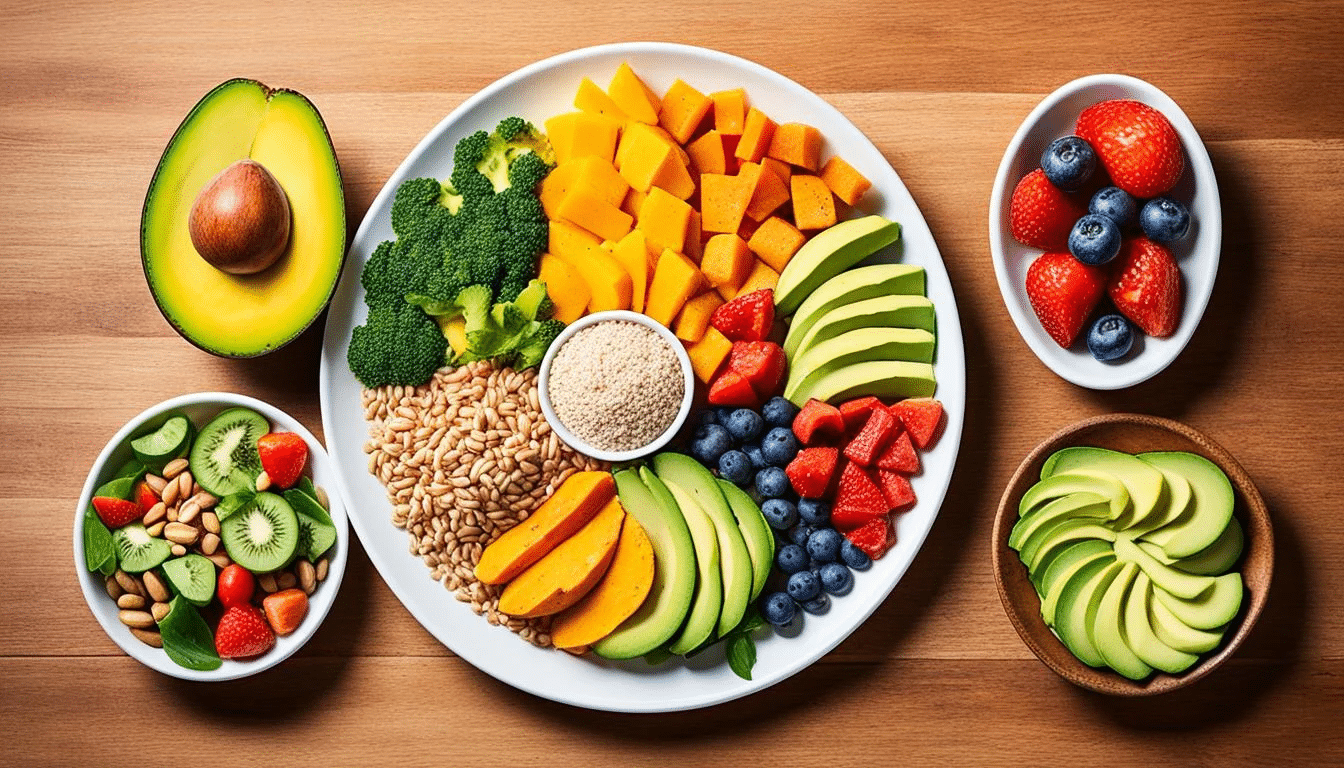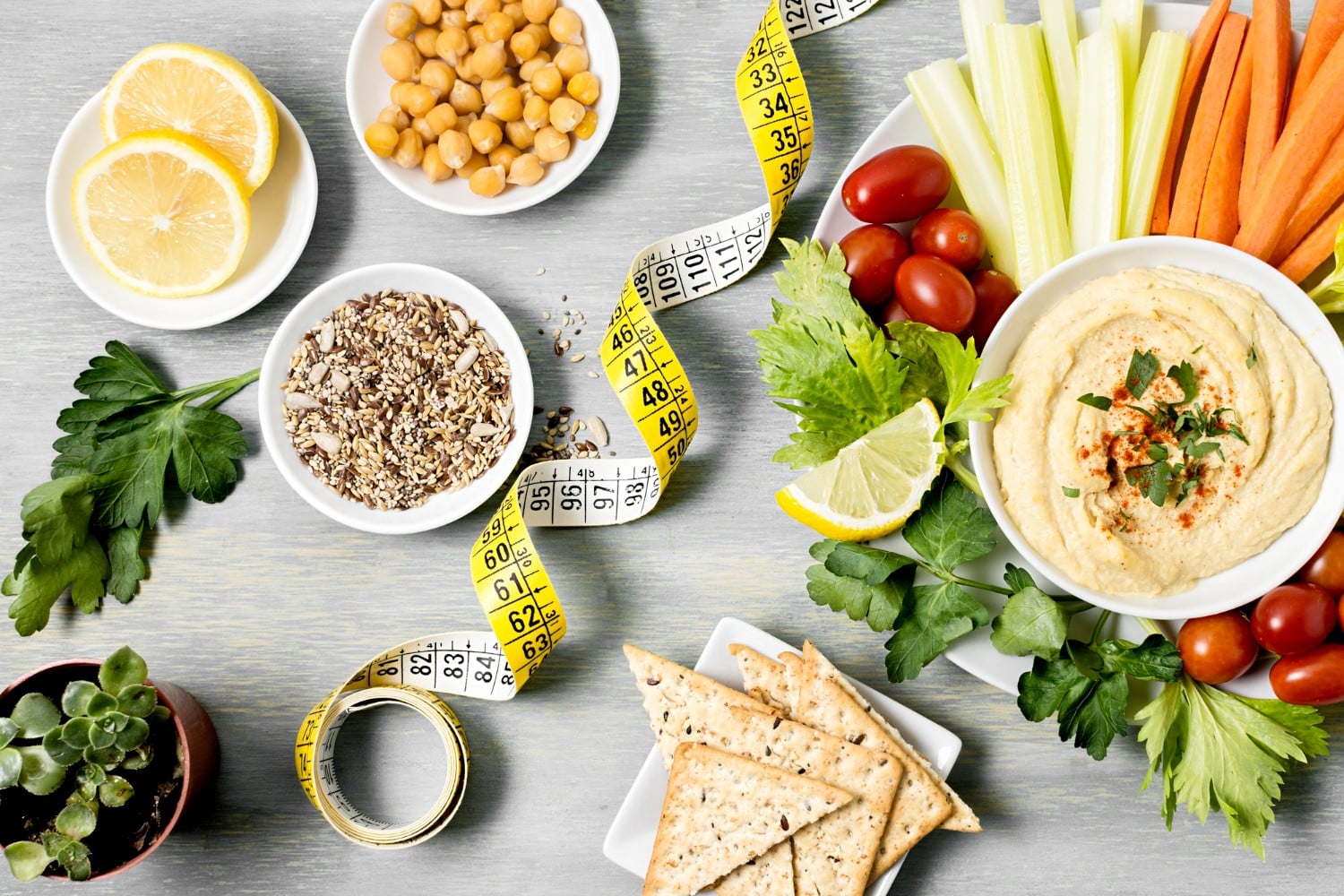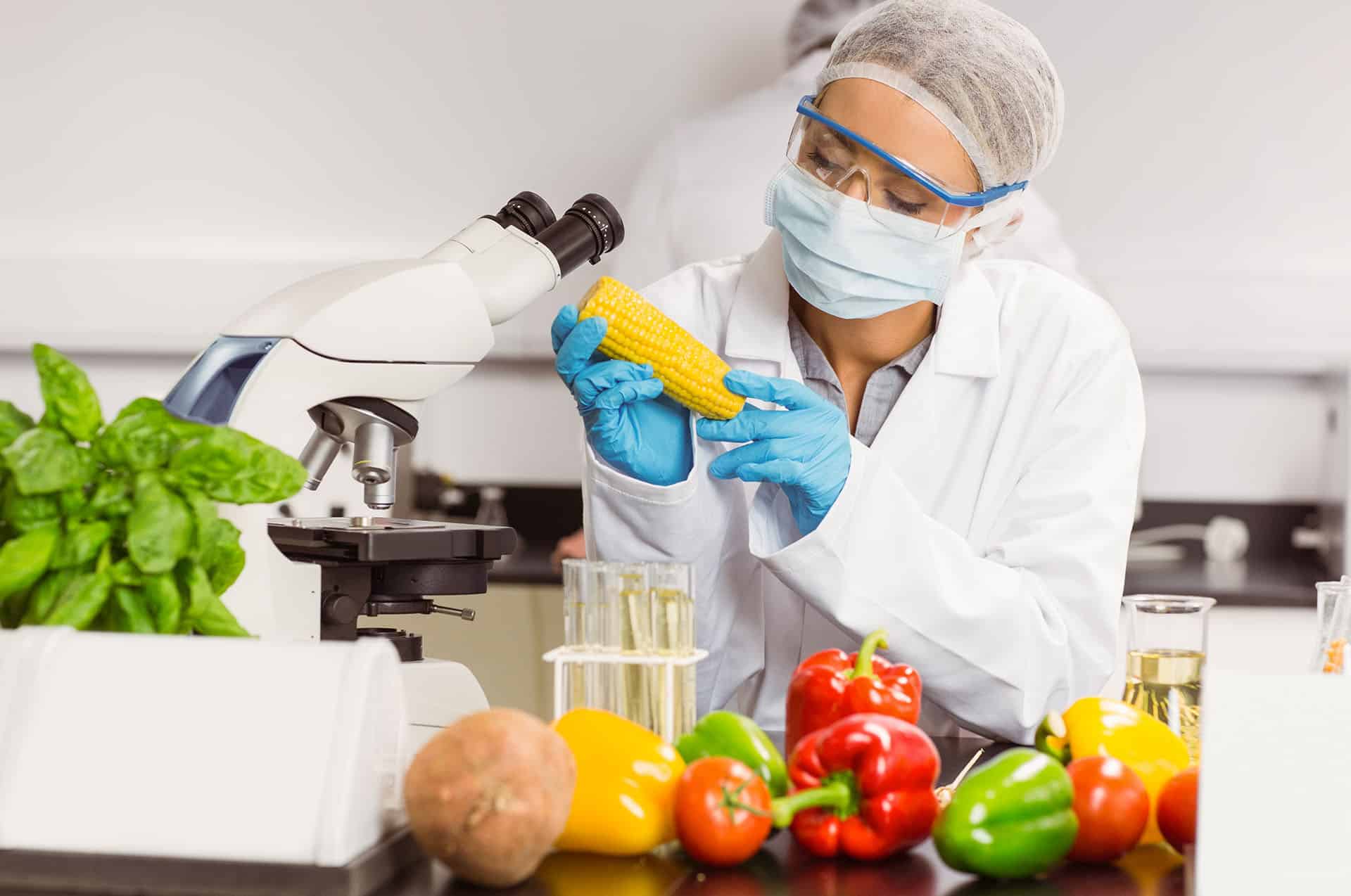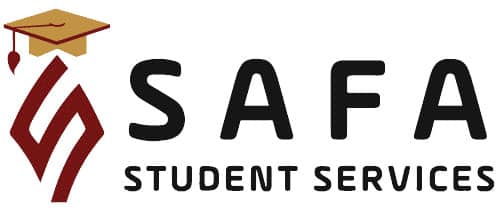Food Engineering
Specialty
Engineering
Degree
Bachelor's
Master
PhD
Language
Turki, English
Duration
4 Years
Start Form
3600$
جدول المحتويات
Studying food engineering in Turkey is one of the leading fields that qualifies students to implement food production, packaging, and transportation processes according to required health standards. Food engineers conduct multidisciplinary research in collaboration with fields such as chemistry, physics, and microbiology.
What is the Food Engineering Department in Turkey?
The food engineering department, or Food Safety, is an engineering specialty that combines food science and technology with engineering. It aims to train students to efficiently and effectively manage all food production, packaging, and transportation processes.

History of the Specialization in Turkey
The Higher Agricultural Institute was established in the tenth year of the Republic of Turkey, consisting of four faculties, one of which was the Faculty of Agricultural Arts, reflecting the level of food technology development at that time. In this context, the first scientific research in the field of food began in Turkey. Sait Tehsin Tekeli, who earned a Ph.D. abroad in 1928, was one of the first professors in this department.
After the establishment of Ankara University in 1946, the Higher Institute of Agriculture became part of it in 1948 under the name Faculty of Agriculture. The Faculty of Agricultural Arts was then converted into the Department of Agricultural Technology. Since then, Turkey has seen significant expansion in food – engineering departments at universities, with 64 universities now offering this specialization across the country.
Studying Food Engineering in Turkey
Studying food engineering in Turkey is an ideal choice for students aspiring to work in food production, packaging, and transportation fields. Turkish universities offer advanced educational programs covering all aspects of this specialty, contributing to preparing students for the growing demand for food engineers in the job market.

What Students Learn in the Food Engineering Program
Students in the food engineering program acquire numerous skills and capabilities throughout their years of study, including:
- Research and Analysis Skills: How to collect and analyze data to understand food phenomena.
- Design and Development Skills: Developing and designing food processes and systems to achieve specific goals like healthy food production.
- Teamwork Skills: Working in interdisciplinary teams and projects, enhancing collaboration and communication skills.
- Mathematical Analysis Skills: Using mathematical and statistical methods in data analysis and modeling food processes.
- Innovative Problem-Solving Skills: Developing innovative solutions to complex engineering problems using engineering and scientific concepts.
- Communication Skills: Effectively explaining ideas and results through writing, speaking, and presentations.
Duration of the Food Engineering Program in Turkey
The engineering of food program in Turkish universities typically takes four to five years to complete a bachelor’s degree, depending on the student’s proficiency in Turkish or English. Students may need a preparatory year if they are not proficient in either language.

Main Courses in Food Engineering
The main courses taught in most Turkish universities in the field of food engineering are divided over the four years of study:
First Year:
- Mathematics
- Physics
- Introduction to Food Engineering
- Chemistry
- Molecular Biology
- Profession and Life
- Introduction to Food Engineering
Second Year:
- Biochemistry
- Microbiology
- Analytical Chemistry
- Probability and Statistics
- Advanced Mathematics
- Optional Foreign Language
- Computer Programming
- Food Engineering Laboratory
- Food Materials

Third Year:
- Food Process Engineering
- Food Microbiology
- Quality Management and Food Safety
- Food Analysis
- Food Manufacturing Engineering
- Food Technology
- Food Packaging
- Hygienic Design of Food Facilities
Fourth Year:
- Advanced Food Manufacturing
- Environmental Engineering in Food Processing
- Food Process Design and Control
- Food Supply Chain Management
- Entrepreneurship Applications in Food
- Practical Training
Graduation Project, prepared by the student in the final year in agreement with a supervising professor, and cannot complete the bachelor’s stage without this project.
You can register with us now at Safa Company and obtain your university admission easily
Safa Company, your first educational companion: Contact us on WhatsApp
Top Turkish Universities for Studying Food Engineering
Many Turkish universities offer outstanding programs in food engineering, including:
- Okan University
- Üsküdar University
- Atılım University
- Yeditepe University

Benefits of Studying Food Engineering at Okan University
Okan University is one of the leading universities in higher education in Turkey. Established in 1999 in Istanbul, it offers outstanding educational programs in various disciplines, including food engineering. Some of its prominent features are:
- Distinguished Academic Environment: Provides an academic environment that encourages creativity and critical thinking.
- Advanced Facilities: Equipped with modern laboratories.
- Diverse Programs: Covering various aspects of food engineering.
- Research and Development Opportunities: Offers opportunities to participate in advanced research and development programs.
- Distinguished Educational Structure: Provides updated curricula that match the requirements of the modern job market.
Benefits of Studying Food Engineering at Üsküdar University
Üsküdar University is one of the modern universities in Turkey, established in 2011 in Istanbul. It is known for quickly offering innovative and high-quality academic programs.
- Advanced and Comprehensive Curricula: Covers theoretical and practical aspects of food engineering.
- Distinguished Faculty Members: Includes elite professors and specialists.
- Modern Facilities: Equipped with the latest technologies and tools.
- Research and Practical Training Opportunities: Encourages participation in research projects and collaboration with industries.
- International Cooperation: Linked with several partnerships with international universities and research institutions.
- Stimulating Educational Environment: Focuses on developing personal and social skills alongside academic ones.
Costs of Studying Food Engineering in Turkish Universities
The costs of studying food engineering at private Turkish universities range between 3,900 to 10,000 US dollars annually, depending on the university’s ranking and the language of instruction (Turkish or English).
Opportunities
There are numerous career opportunities available for graduates of food engineering in Turkey and around the world, opening doors in various fields such as:
- Research Center Director
- Laboratory Manager
- Product Specialist
- Food Engineer
- Food Engineering Software Developer
- Food Engineering Project Manager
- Services Coordinator
- Technical Food Engineer
- Food Program Design Engineer
These job opportunities are characterized by their diversity and potential for career advancement with increasing experience, making this specialization one of the promising and in-demand fields in the job market.
Specialty Price for Food Engineering in Turkish Universities
| # | List of universities | Turkish | English | Enroll |
|---|---|---|---|---|
|
1 |
İzmir University of Economics |
- |
8000$ |
|
|
2 |
Yeditepe University |
- |
8977$ |
|
|
3 |
Sabahattin Zaim University |
7000$ |
7000$ |
Related Programs
Follow the latest programs

Industrial product design
Industrial Product Design is an engineering field focused on developing products from the initial concept to actual production. This discipline...
See More
Information Systems and Technology
The rapid digital advancement in our world has made studying Information Systems and Technology in Turkey an unparalleled opportunity. As...
See More
Information Systems Engineering
Studying Information Systems Engineering in Turkey is one of the best choices for students who aspire to pursue this field...
See More
Energy systems engineering
We all believe that we will always have energy anywhere in the world and at any time and in unlimited...
See More
Medical equipment engineering
The field of medical equipment engineering specifically specializing in medical equipment, combines the fields of medicine and engineering. It is...
See More
Marine Engineering
If you have a passion for ships, their operation, and control, you can choose to study marine engineering. In this...
See More

